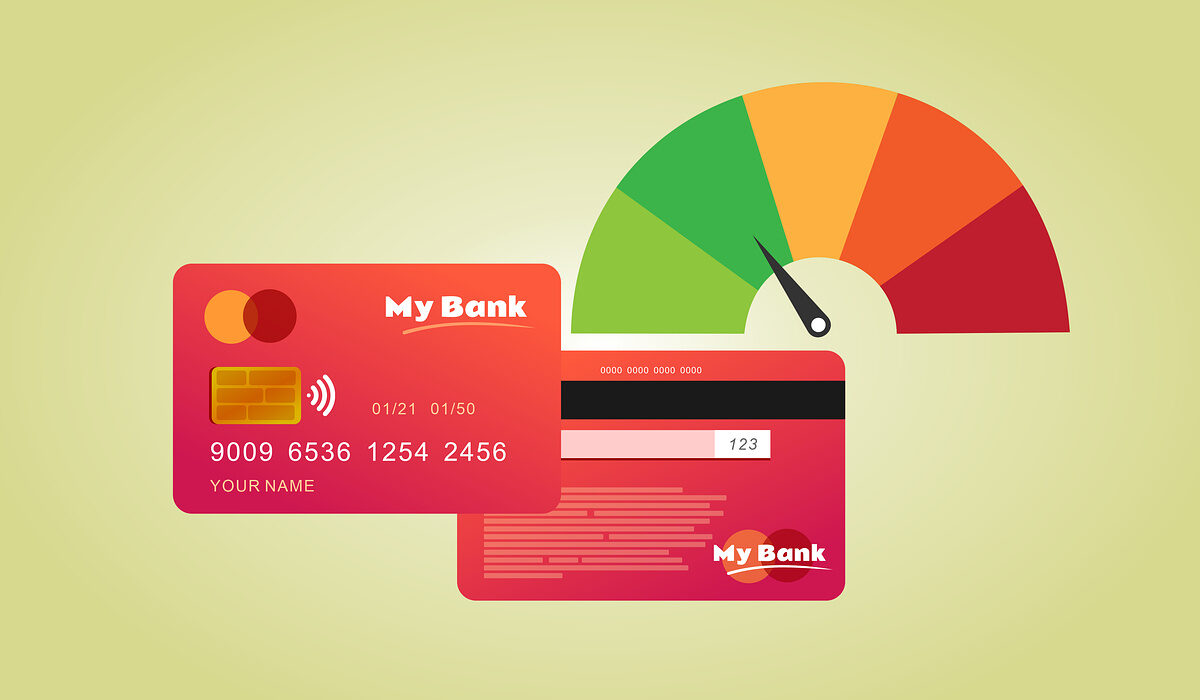So, you want to get your dream smartphone on credit, you got a credit card, or have plans to apply for a loan. Then you might want to learn more about credit scores and why these are crucial.
Credit scores determine a good payer from the delinquent one. If you have a good credit score, you have a higher chance of getting approved for loans or purchasing gadgets on an instalment plan or financing.
Aside from getting gadgets and loans, it helps get more housing options or even fast approval in buying a car. If you’re looking to build an excellent credit score, Payday Depot explains it all.

Credit Score Ranges
Generally, the range of credit scores is from 300 (the lowest) to 850 (the highest). You’ll want to aim for an Excellent Credit Score of 800 to 850.
An Excellent Credit Score guarantees low-interest rates and fast approvals. On the one hand, having Poor Credit Score will make it difficult to get a loan or a credit card.
Here are the four standards of credit scores:
1. Excellent – 720 to 850
2. Good – 690 to 719
3. Fair – 630 to 689
4. Bad/Poor – 300 to 629
Factors Affecting Credit Scores
The calculation of credit scores depends on these factors:
Debt
One of the factors affecting credit score is how much debt you currently have. If using a credit card, they also check the percentage used based on the credit limit.
Payment Diligence
Financial institutions like to know whether dues are paid on time. One missed or delayed payment can drastically bring down an excellent credit score to a poor one.
Credit History
Long credit history with diligent payments will give high credit scores. As part of credit history, they also look into the number of loan and credit card applications.
How to Get an Excellent Credit Score
If you recently started building your credit score, always pay bills on time and lessen loans. If you are looking for ways to improve your credit score, it may take some time to see positive changes.
Don’t worry – credit scores can improve as long as there is discipline and financial planning. As a rule of thumb, never max out credit cards.
Use only 30% of the credit limit, and if possible, even lower. When applying for new credit cards, don’t apply all at once.
Lastly, be honest with every new application. These financial institutions already know about the applicant’s credit history.
What’s the Score?
To help you understand better, check your credit score from a financial institution. From there, you’ll be able to know if you are in a good category or if you need to make changes in financial practices.
Seek advice from a financial advisor who can help you determine where you should improve. Credit institutions want to see consistency and responsible and balanced transactions.
The bottom line is, simply follow the basics to maintain an excellent credit score. These include, but are not limited to, paying bills on time, using only 30% of the credit limit, and lessening debt.
It is a long process but will all be worth it when an important big investment comes.
- Don’t miss our reviews.
- Follow our news on Google News.
- Join our WhatsApp Group, to be notified of the most important articles and deals,
- Follow us on Instagram, Facebook, Twitter, and YouTube.